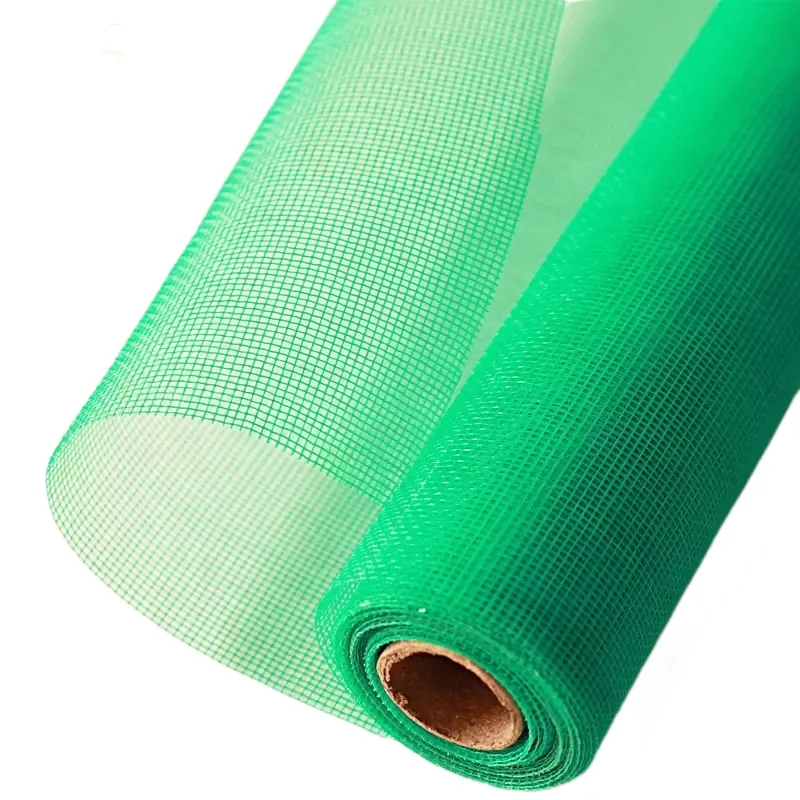Aug . 11, 2024 23:56 Back to list
High-Quality Welded Mesh Solutions for Construction and Industrial Applications by Leading Manufacturer
The Importance of Welded Mesh Manufacturing
Welded mesh, a versatile and essential material in various industries, has gained significant traction in the manufacturing sector. As a welded mesh manufacturer, it is crucial to understand the processes involved in its production, the applications of the product, and the benefits it offers to consumers. This article delves into these aspects, highlighting the importance of quality welded mesh manufacturing.
What is Welded Mesh?
Welded mesh consists of wires that are welded together at various intersections to create a sturdy and uniform grid-like structure. It is typically made from stainless steel, carbon steel, or galvanized steel, which gives it significant strength and durability. The manufacturing process involves precision welding techniques, which ensure that the joints are strong and capable of withstanding considerable tension and pressure.
Manufacturing Process
The production of welded mesh begins with the selection of high-quality raw materials. The steel wires are drawn to meet specific diameter requirements, enhancing the final product's strength. The wires are then arranged on a grid and welded at the intersections. This process can be done through different techniques, including resistance welding or laser welding, depending on the required specifications and intended use of the welded mesh. After welding, the panels are often treated with coatings or finishes to improve corrosion resistance, durability, and aesthetics.
Quality control is paramount in the manufacturing process. Rigorous testing is conducted to ensure that the finished product meets industry standards and customer requirements. Factors such as tensile strength, weld quality, and dimensional accuracy are assessed to maintain the integrity of the welded mesh.
Applications of Welded Mesh
welded mesh manufacturer

Welded mesh finds application across various fields due to its adaptability. In the construction industry, it is commonly used for reinforcing concrete slabs, walls, and pavements. Its strength and stability help enhance the structural integrity of buildings, bridges, and roads.
In the agricultural sector, welded mesh serves critical functions, such as fencing and animal enclosures. It protects livestock from predators while allowing farmers to manage their land more effectively. Additionally, welded mesh is utilized in greenhouses to support climbing plants and provide ventilation.
Welded mesh is also essential in industrial applications, where it is often employed for shelving, storage cages, and safety barriers. In the security sector, it functions as a robust barrier, deterring unauthorized access and ensuring safe environments. Even in the DIY sector, consumers use welded mesh for various projects, from garden fencing to decorative purposes.
Benefits of Welded Mesh
The advantages of welded mesh are numerous. Firstly, its durability makes it a cost-effective option over time as it can withstand harsh environmental conditions without significant degradation. Moreover, its uniform structure allows for easy installation and customization to suit specific requirements.
Welded mesh also boasts high strength-to-weight ratios, making it lightweight yet robust. This characteristic facilitates transport and handling, reducing overall logistical costs. Additionally, its versatility means that it can be manufactured in various sizes and shapes, catering to diverse market needs.
Conclusion
As a welded mesh manufacturer, understanding the intricacies of production and the applications of your product is essential for success. The growing demand for welded mesh across various industries highlights its importance and adaptability in today’s market. By focusing on quality manufacturing practices and exploring new applications, manufacturers can establish themselves as leaders in this vital sector, ultimately contributing to advancing construction, agriculture, and safety solutions globally.
-
Hop Dipped Galvanized/PVC Coated Temporary Fence - Anping County Xingzhi Metal Wiremesh Products Co., Ltd.|Temporary Fencing Solutions, Durable Security Products
NewsJul.30,2025
-
Hop Dipped Galvanized/PVC Coated Temporary Fence-Anping Xingzhi|Durability&Cost-Effective
NewsJul.30,2025
-
Hop-Dipped Galvanized PVC Fence - Anping Xingzhi | Durable, Quick Deployment
NewsJul.30,2025
-
Hop Dipped Galvanized/PVC Coated Temporary Fence - Anping County Xingzhi|Temporary Fencing, Durable Security, Customization
NewsJul.30,2025
-
Hop Dipped Galvanized PVC Coated Temporary Fences - Anping County Xingzhi|Durable Corrosion Resistance, Quick Installation
NewsJul.30,2025
-
Hop Dipped Galvanized / PVC Coated Temporary Fence - Anping County Xingzhi Metal Wiremesh Products Co., Ltd|Durable Temporary Fencing&Versatile Applications
NewsJul.30,2025



